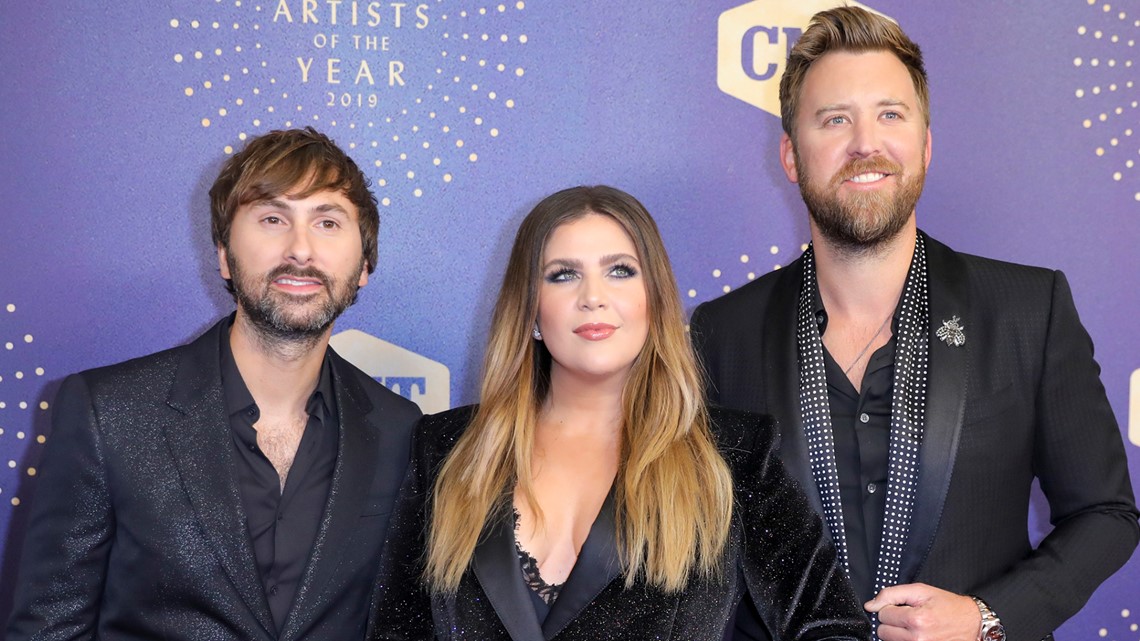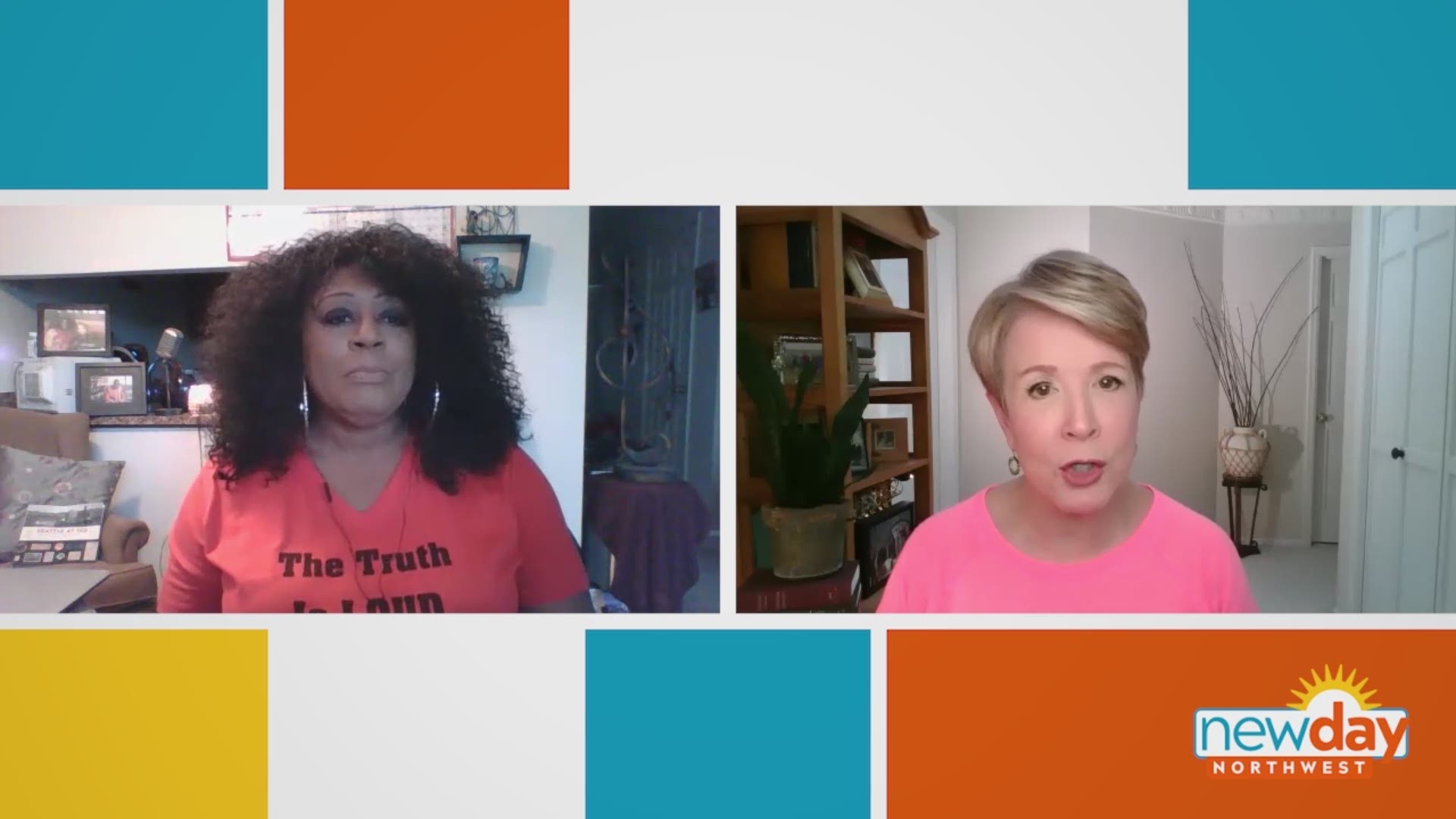A blues singer from Seattle who has gone by the stage name Lady A for more than 30 years is calling out the country group formerly known as Lady Antebellum for changing their name to Lady A. The band announced their name change due to the word antebellum's associations with slavery.
Anita White, who is black, told KING 5's "New Day Northwest" that she first saw the news on Facebook Thursday. White said the band made no effort to reach out to her ahead of time.
"I don't understand how they would not reach out to me and say something," White said.
A spokesperson told Rolling Stone the band was not aware of Lady A. White said she could be found by searching Google, Spotify and Amazon. White has released several albums under the name and was planning to release her latest album, "Lady A: Live in New Orleans," on her birthday July 18.
Antebellum means before a war and the term has been widely associated with the pre-Civil War period in the United States when slavery was practiced.
Band members said that in recent weeks, their eyes have been opened to “blindspots we didn't even know existed" and "the injustices, inequality and biases black women and men have always faced."
RELATED: What does antebellum mean?


White said she doesn't understand how the band can issue such an apology while taking a black artist's name.
"I feel that it's not right that they can come and decide that they want to use this name and take it from me because now it feels like another knee on my neck," White said. "Take your knee off our neck."
There have been massive protests nationwide sparked primarily by the death of George Floyd, a black man. He died after bystander video showed a white Minneapolis police officer kneeling on his neck for several minutes. That officer has been charged with murder and manslaughter. Three other officers are charged with aiding and abetting.
White says the band has since tried to reach out to her on Instagram. She says she acts as her own management and has no plans of giving up her name.
Rolling Stone talked to industry and intellectual property experts about what this might mean legally. Music attorney Bob Celesti said audience size and whoever was first to use the name is relevant. If White has a trademark registered in the U.S., that helps. If not, she could also show a common law trademark by proving she's used her name for years on things such as records, posters and flyers.
White says that while she is upset, she knows she is blessed and believes she is going to be OK.
"I'm emotional, but I need to trust God," White said.

